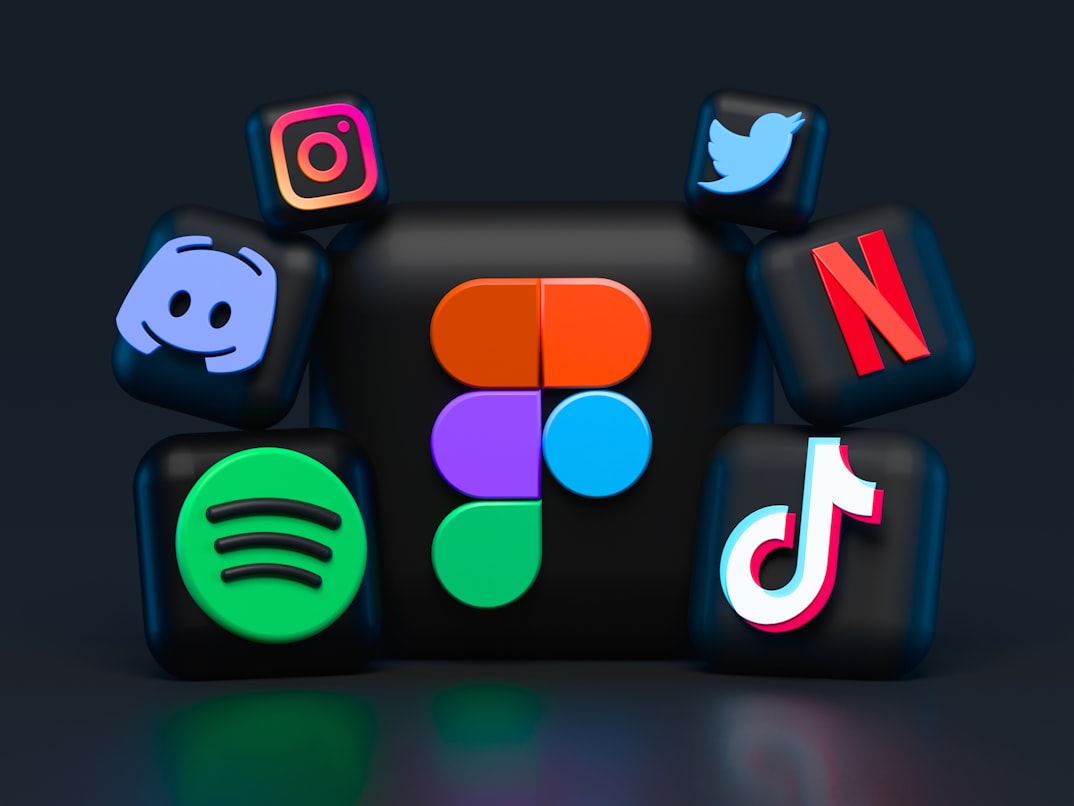📚 Table of Contents
- ✅ Introduction
- ✅ Understanding the Roles: Influencer Management vs. Social Media Marketing
- ✅ Key Differences Between Remote Influencer Management and Social Media Marketing Jobs
- ✅ Skills Required for Each Career Path
- ✅ Job Market and Salary Expectations
- ✅ Career Growth and Long-Term Opportunities
- ✅ Which Career Path Should You Choose?
- ✅ Conclusion
Introduction
Are you torn between pursuing a career in remote influencer management or diving into social media marketing jobs? Both fields are booming in the digital age, offering exciting opportunities for creative professionals. But which one aligns better with your skills, interests, and long-term goals? This in-depth guide will break down the nuances of each career path, helping you make an informed decision.
Understanding the Roles: Influencer Management vs. Social Media Marketing
Remote influencer management and social media marketing jobs may seem similar at first glance, but they serve distinct purposes in the digital ecosystem. Influencer managers act as intermediaries between brands and influencers, ensuring collaborations run smoothly. Their responsibilities include scouting talent, negotiating contracts, and measuring campaign performance. On the other hand, social media marketers focus on creating and executing strategies to boost brand visibility, engagement, and conversions across platforms like Instagram, Facebook, and TikTok.
For example, an influencer manager might spend their day coordinating a campaign between a beauty brand and a YouTube creator, while a social media marketer could be designing ad creatives or analyzing metrics for a company’s LinkedIn page. Both roles require strong communication skills, but the day-to-day tasks differ significantly.
Key Differences Between Remote Influencer Management and Social Media Marketing Jobs
One of the biggest distinctions lies in the scope of work. Influencer management is highly relationship-driven, requiring constant interaction with content creators and brands. It’s about nurturing partnerships and ensuring both parties benefit from collaborations. Social media marketing, meanwhile, is more campaign-focused, involving content creation, paid advertising, and community management.
Another key difference is the level of creativity involved. Social media marketers often wear multiple hats—writing captions, designing graphics, and filming videos—while influencer managers prioritize negotiation and strategic planning. Additionally, remote influencer management jobs tend to offer more flexibility, as many agencies and brands hire freelancers or remote teams to handle influencer relationships globally.
Skills Required for Each Career Path
To excel in remote influencer management, you’ll need strong interpersonal skills, an eye for talent, and the ability to analyze engagement metrics. Familiarity with influencer marketing platforms like AspireIQ or Upfluence is a plus. Negotiation and contract management are also critical, as you’ll often mediate between brands and influencers to secure fair deals.
Social media marketing jobs demand a different skill set. Proficiency in tools like Meta Business Suite, Google Analytics, and Canva is essential. Copywriting, graphic design, and data analysis skills will set you apart. Both careers require adaptability, as algorithms and trends change rapidly, but social media marketers must stay on top of platform updates more frequently.
Job Market and Salary Expectations
The demand for both roles is skyrocketing, but salary structures vary. According to recent data, entry-level social media marketers earn between $40,000 and $55,000 annually, while experienced professionals can make upwards of $80,000. Influencer managers, particularly those working with high-profile creators, often earn commission-based incomes, with salaries ranging from $50,000 to $100,000+ depending on the scale of campaigns.
Freelance opportunities are abundant in both fields, but influencer management offers more potential for passive income through long-term partnerships. Social media marketers, however, may find more stability in full-time corporate roles.
Career Growth and Long-Term Opportunities
Career progression in social media marketing often leads to roles like Social Media Director or Chief Marketing Officer (CMO). Those who specialize in paid advertising might transition into digital marketing leadership positions. Influencer managers, on the other hand, can climb the ladder to become Head of Influencer Partnerships or even start their own agencies.
Both paths offer opportunities for entrepreneurship. A seasoned influencer manager might launch a talent management firm, while a social media marketer could build a consultancy helping brands optimize their online presence. The choice depends on whether you prefer hands-on content creation or strategic relationship-building.
Which Career Path Should You Choose?
Your decision should hinge on your strengths and interests. If you love networking, have a knack for spotting trends, and enjoy working with diverse personalities, remote influencer management could be your calling. If you’re more analytical, creative, and enjoy crafting campaigns from scratch, social media marketing jobs might be a better fit.
Consider testing both fields through internships or freelance gigs before committing. Many professionals eventually blend the two, leveraging influencer collaborations as part of broader social media strategies.
Conclusion
Both remote influencer management and social media marketing jobs offer dynamic, rewarding career paths in the digital space. While influencer management focuses on partnerships and negotiations, social media marketing revolves around content creation and analytics. Assess your skills, passions, and long-term goals to determine which path aligns best with your aspirations.


Leave a Reply